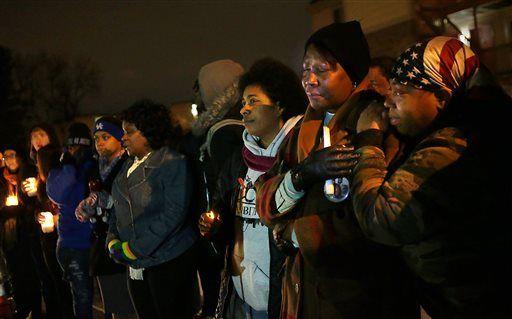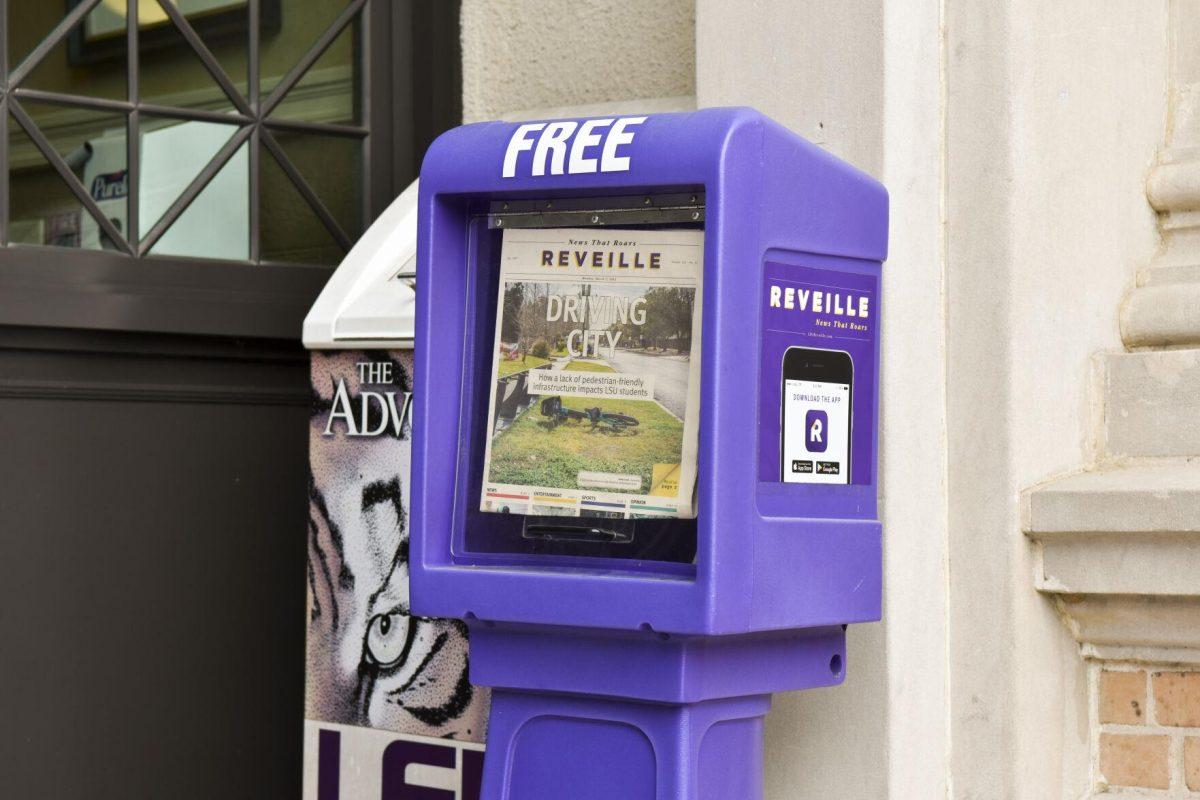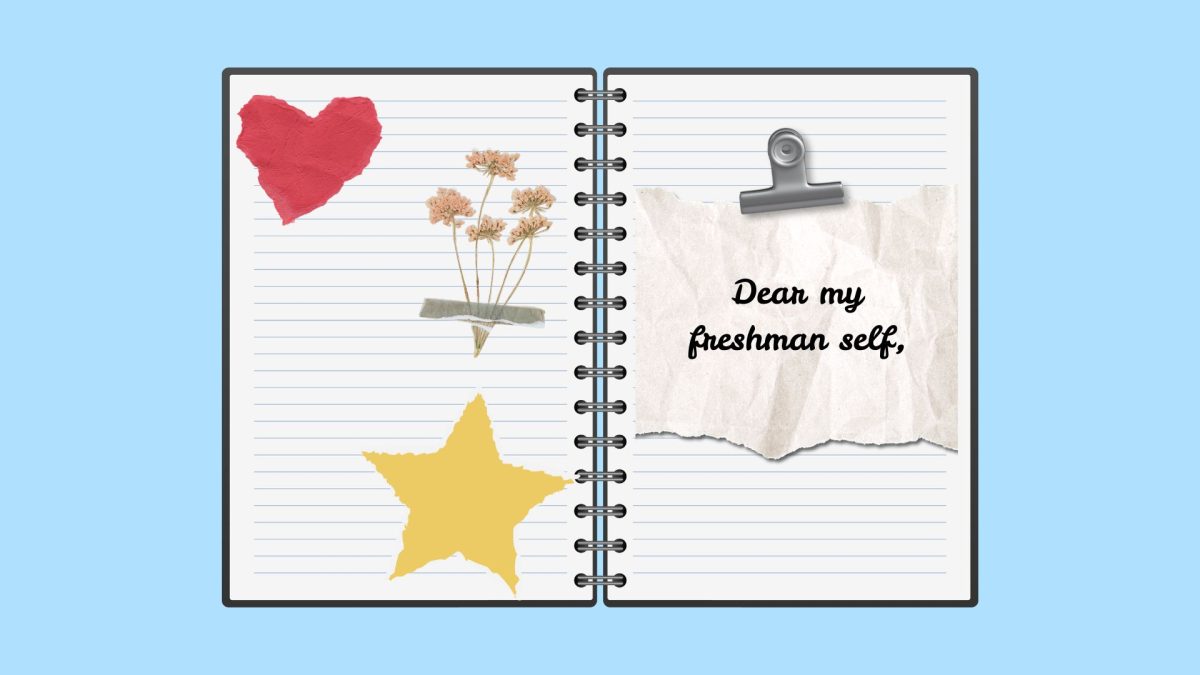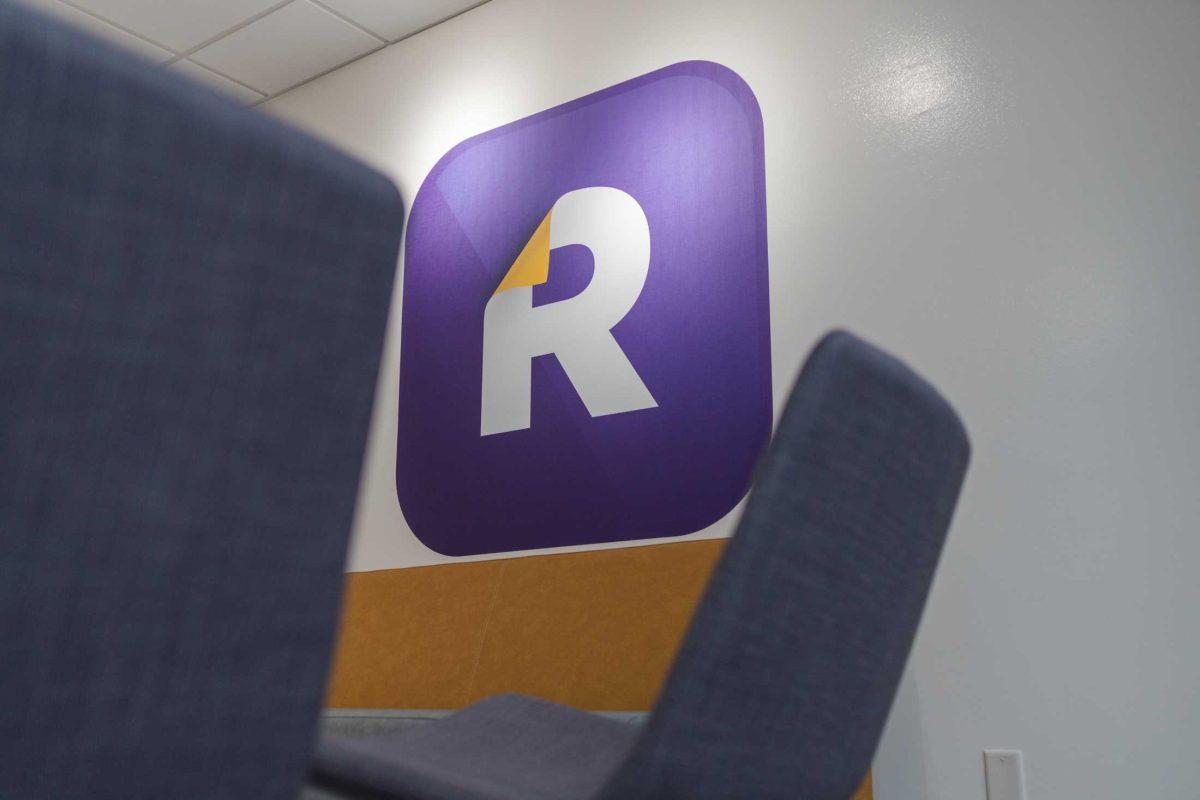After the death of Trayvon Martin in 2012, three women started the movement “#BlackLivesMatter.” It remains extremely popular, used constantly on social media, and remains the slogan for many protests around the nation.
According to Alternet, every 28 hours an African American is killed by law enforcement.
We should all know by now the stories of Martin and Michael Brown. And we should because these are just a few examples of thought to be innocent black lives taken by law enforcement. Tamir Rice, Ezell Ford and Eric Garner may also be names that ring a bell when you see #BlackLivesMatter.
Heated protests began in Cleveland a few months ago after Tamir Rice was shot and killed by police, but many weren’t made aware a black woman was also killed by law enforcement in the same city a week prior.
The woman killed was Tanisha Anderson, but her name is not the first thing that comes to mind when we see the hashtag.
Anderson had a “mental health episode,” and her mother called the police in an attempt to quickly get her to a treatment facility. When officials arrived, she resisted them and then went limp.
Her family claims officials slammed her to the ground, pressed a knee into her back and then failed to seek medical attention for her as she lay unconscious. The 37-year-old’s death was ruled a homicide. The case will soon go to the grand jury.
This didn’t spark much attention in the media, probably because she is a female — a black female to be specific.
Sadly, this is just one of many examples.
The list of black female lives that were innocently lost and have not been brought to the nation’s attention goes on and on. Yvette Smith, Miriam Carey, Shelly Frey, Darnisha Harris, Malissa Williams, Alesia Thomas, Shantel Davis, Rekia Boyd, Shereese Francis, Aiyana Stanley-Jones , Tarika Wilson, Kathryn Johnston, Alberta Spruill and Kendra James are all just some of the black females killed during police encounters. Those encounters varied from raids, traffic stops, or people with mental illness that were being “abrupt”.
Yes, Michael Brown could’ve been my brother, but Tanisha Anderson could’ve very well been my sister, mother or my best friend and we must understand that black female lives are at danger too.
We hear more about black male lives because we have labeled them “endangered,” but all black lives are vulnerable in our nation. We need to stop assuming black victim equals black male, but instead make sure that black women are brought to the same attention that black male lives are.
President Obama’s “My Brother’s Keeper” program is definitely a start in the right direction. This program was put in place to support young men and help them reach their full potential.
But where is the “My Sister’s Keeper” program? In order for the #BlackLivesMatter movement to work, everyone needs to work together to show all African Americans are equal.
These protests and Tweets need to continue until we finally start seeing change, and we need to make sure that we are shining a light on all black lives. Whether it’s a man or woman, young or old, every black life matters.
Clarke Perkins is a 19-year-old political science freshman from New Orleans. You can reach her on Twitter @ClarkePerkins.
Opinion: #BlackLivesMatter should include black women
February 19, 2015

Desuirea Harris, the grandmother of Mike Brown, second from right, is comforted by Lala Moore, right, at the memorial to Brown in the Canfield Green Apartments, in St. Louis, marking six months since Brown was shot by Ferguson police officer Darren Wilson on Monday, Feb. 9, 2015. (AP Photo/St. Louis Post-Dispatch, Robert Cohen) EDWARDSVILLE INTELLIGENCER OUT; THE ALTON TELEGRAPH OUT
More to Discover










